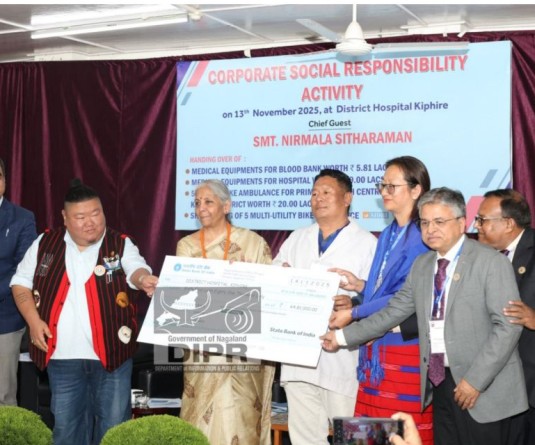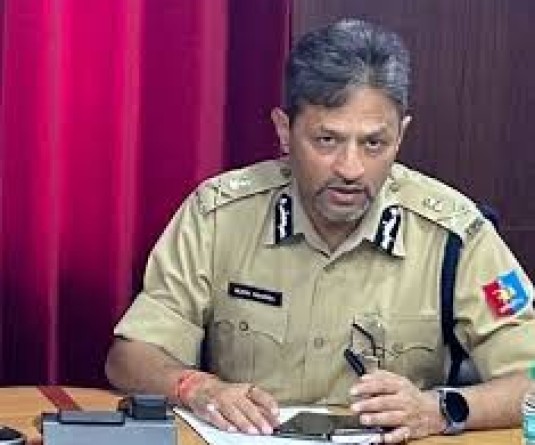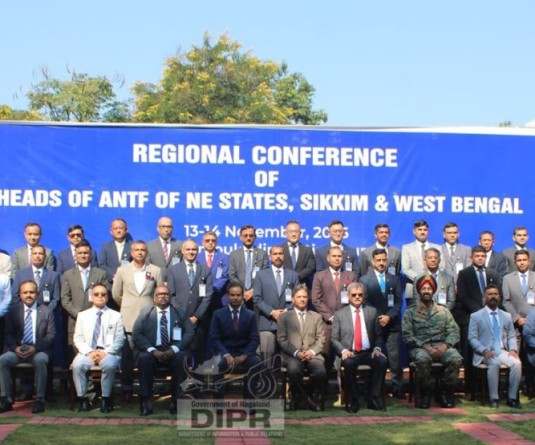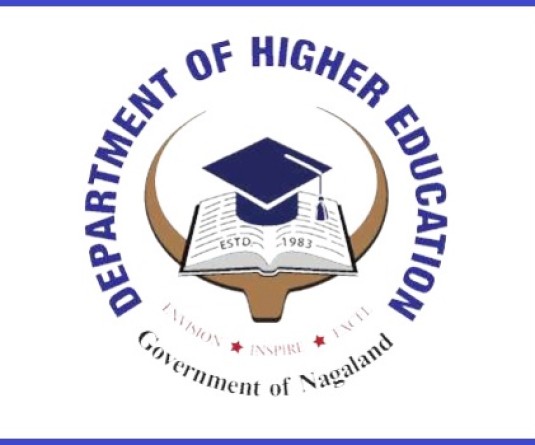
Dimapur, November 6 (MExN): The Eastern Naga Students’ Federation (ENSF) has clarified its position regarding the induction of Non-State Civil Service (Non-SCS) officers into the Indian Administrative Service (IAS), asserting that the process is governed by central regulations and not by State-specific criteria.
In a statement addressed to the Chief Minister of Nagaland, the Federation stated that as per findings obtained through a Right to Information (RTI) application filed on October 9, no new eligibility criteria were examined or approved by the State Government restricting induction to only those recruited through the Nagaland Public Service Commission (NPSC).
According to the ENSF, “the Department of Personnel and Administrative Reforms (P&AR) has no valid justification to uphold the position of the JCC in the absence of any official record or authorisation.”
The Federation maintained that the induction of Non-SCS officers into the IAS is regulated by the IAS (Recruitment) Rules, 1954, and the IAS (Appointment by Selection) Regulations, 1997, both framed under the All India Services Act, 1951. “An IAS is not a State service but an All India Service, and therefore, any selection process conducted in accordance with the Department of Personnel & Training (DoPT) regulations and UPSC guidelines is valid, binding and lawful,” it said.
The ENSF noted that the Vacancy Circular dated July 6, 2020—which stated that only officers recruited through the NPSC may apply—was never implemented or acknowledged by the screening committee or the State Government. “Therefore, the subsequent nullification of the advertisement dated 10th March 2025 by the Government of Nagaland is legally and administratively justified,” the ENSF held.
It pointed out that under the same vacancy, a Non-NPSC officer was recommended and inducted into the IAS cadre in 2021, without “any objection.”
However, the Federation maintained that impaneling Eastern officers under the same process has led to “multiple interpretations of rules and regulations are being fabricated with the intent to suppress the rights and representation of the people of Eastern Nagaland,” terming it a case of “clear bias and discrimination.”
Citing the RTI findings, the ENSF added that the State Government has no authority to modify, restrict, or enlarge the statutory eligibility conditions prescribed in the 1997 Regulations. Its role is limited to identifying eligible officers and forwarding their particulars to the Union Public Service Commission (UPSC).
This interpretation, it said, aligns with circulars issued by other States including Gujarat, Tripura, Kerala, Odisha, and Haryana.
It further explained that the criterion of “outstanding merit and ability” under Regulation 4(1)(i) of the 1997 Regulations pertains to an officer’s performance and conduct, not the mode of recruitment.
The ENSF said its RTI findings revealed that all past inductees under the Non-SCS category were initially appointed on a contract or ad-hoc basis and later regularised.
“All such officers, irrespective of their mode of initial appointment, were inducted through a duly established process based on verified experience and performance,” it stated.
The ENSF argued that the agitation called by the Joint Coordination Committee (JCC) stands “in clear contravention to the guideline framed by the UPSC for induction to IAS.”
It reminded that the Government of India introduced lateral entry “with a constructive and progressive vision to harness the intellectual potential of the wise brains of her vast population.”
The Federation also stated that as service associations governed by established service rules, it is incumbent upon them “to be well-versed with the Rules and Regulations governing the IAS.”
It expressed regret that some individuals and associations have distorted the IAS (Appointment by Selection) Regulations, 1997 for personal or collective interests, misleading others and undermining both the Central Law and the authority of the State Government.
Thus, the ENSF condemned organisations and individuals misusing the IAS induction guidelines to defame and attack bona fide members of ENG OA for personal gain. It cautioned that if such actions continue, it may be compelled to disclose details of officers appointed through backdoor and examination routes.
The ENSF reaffirmed its support for adherence to the IAS selection process under the IAS (Recruitment) Rules, 1954, and the IAS (Appointment by Selection) Regulations, 1997. It urged the State Government to address the issue promptly, ensuring fairness, justice, and equality for all Nagas.






